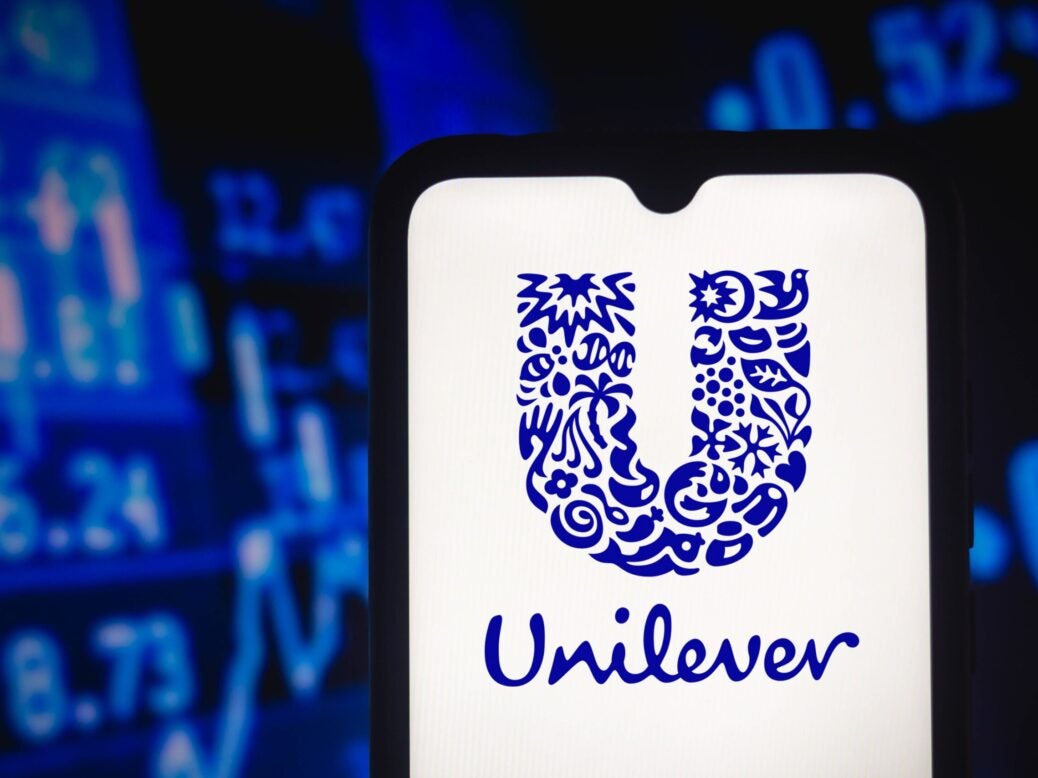[ad_1]

Alan Jope, Unilever’s CEO, plans to depart the FMCG giant at the end of next year.
The Scot, who has spent more than three decades at the Hellmann’s and Knorr owner, has been chief executive since 2019.
“As I approach my fifth year as CEO, and after more than 35 years in Unilever, I believe now is the right time for the Board to begin the formal search for my successor,” Jope said today (26 September). “Growth remains our top priority and, in the quarters ahead, I will remain fully focused on [the] disciplined execution of our strategy and leveraging the full benefits of our new organisation.”
Jope, who joined Unilever in 1985 as a graduate marketing trainee, succeeded Paul Polman at the helm of Unilever. He sought to continue Polman’s strategy of pursuing growth and Unilever’s environmental and social “purpose”. Early on in Jope’s tenure, he suggested brands that were not able to find “a higher-order role” could be sold.
Not all investors had been wholly comfortable with the emphasis Polman had placed on sustainability and those concerns continued into Jope’s reign, spilling out into the open in January 2022 when investment firm Fundsmith Equity publicly criticised Unilever for focusing too much on sustainability rather than the core elements of the business.
“Unilever seems to be labouring under the weight of a management which is obsessed with publicly displaying sustainability credentials at the expense of focusing on the fundamentals of the business,” Terry Smith, the founder and CEO of the London-headquartered investor, said at the time.
Tensions over ESG emerged internally in 2021 when Unilever’s socially-conscious ice-cream subsidiary Ben & Jerry’s announced it would no longer sell its products in territories occupied by Israel but claimed by Palestine. The decision sparked anger in Israel, with Jope scrambling to underline Unilever’s “commitment” to operating in the country.
Nevertheless, the row rumbles on, with the founders of Ben & Jerry last week accusing Unilever of breaching the terms of its takeover in 2000 by selling the ice-cream business’ operation in Israel
Unilever and Jope also attracted investor ire over the company’s move to buy GlaxoSmithKline’s consumer healthcare business (since spun off as a separate company called Haleon) at the turn of this year. GSK said it had turned down three offers for the unit – the last of which, it said, was worth GBP50bn (then US$68.24bn).
The interest in the GSK assets was ultimately shelved but Jope’s reputation among some in the City took a knock.
Amid the aborted GSK bid, Unilever also set out a new “strategic direction” to centre on what the company called the “health, beauty, and hygiene” categories, with Jope indicating the Colman’s mustard maker would weigh up the future of parts of its food portfolio.
Unilever said those strategy plans had been brought forward and, later in January, the company revealed moves to more broadly reorganise its business. The group created five divisions, as part of which it split its food business into two units – nutrition and ice cream. Jope subsequently stressed food and nutrition had a “bright future” within the business.
January also saw reports activist investor Trian Partners had acquired a stake in Unilever. The company did not comment publicly but, four months later, it disclosed Train did have shares in the business – and that the fund’s founder, Nelson Peltz, had joined the group’s board.
Shares in Unilever were up 1.81% at 4,099.50p at 08:58 BST today.
“We expect the market to view these developments positively: Jope’s reputation took a heavy knock on the back of the rejected bid for what is now Haleon, plus some unwelcome earnings surprises,” Jefferies analyst Martin Deboo said.
[ad_2]



